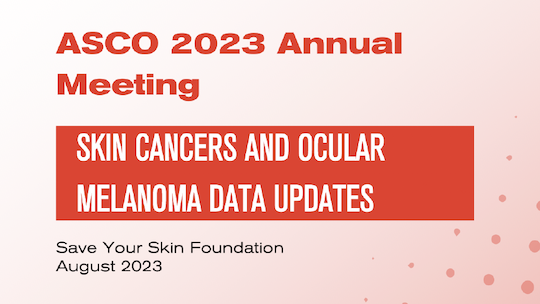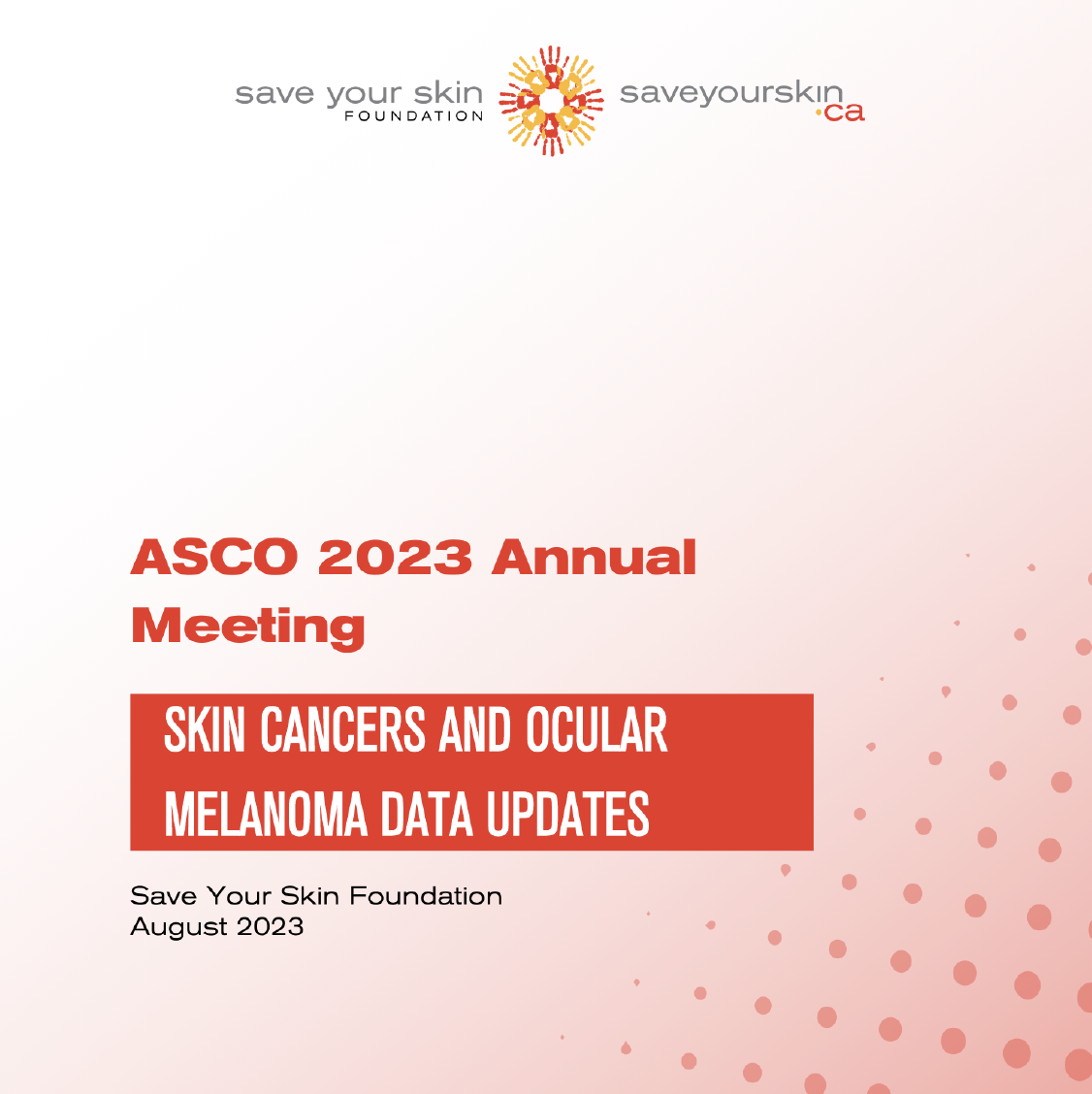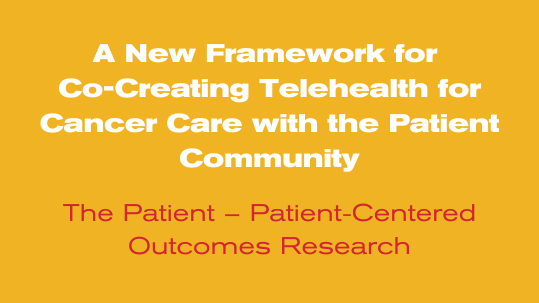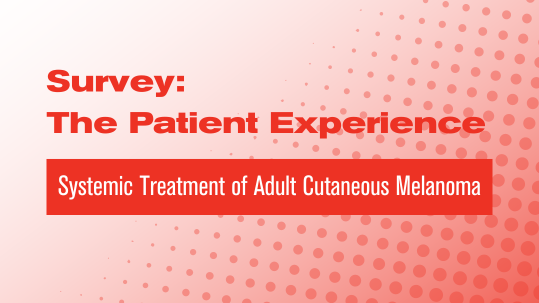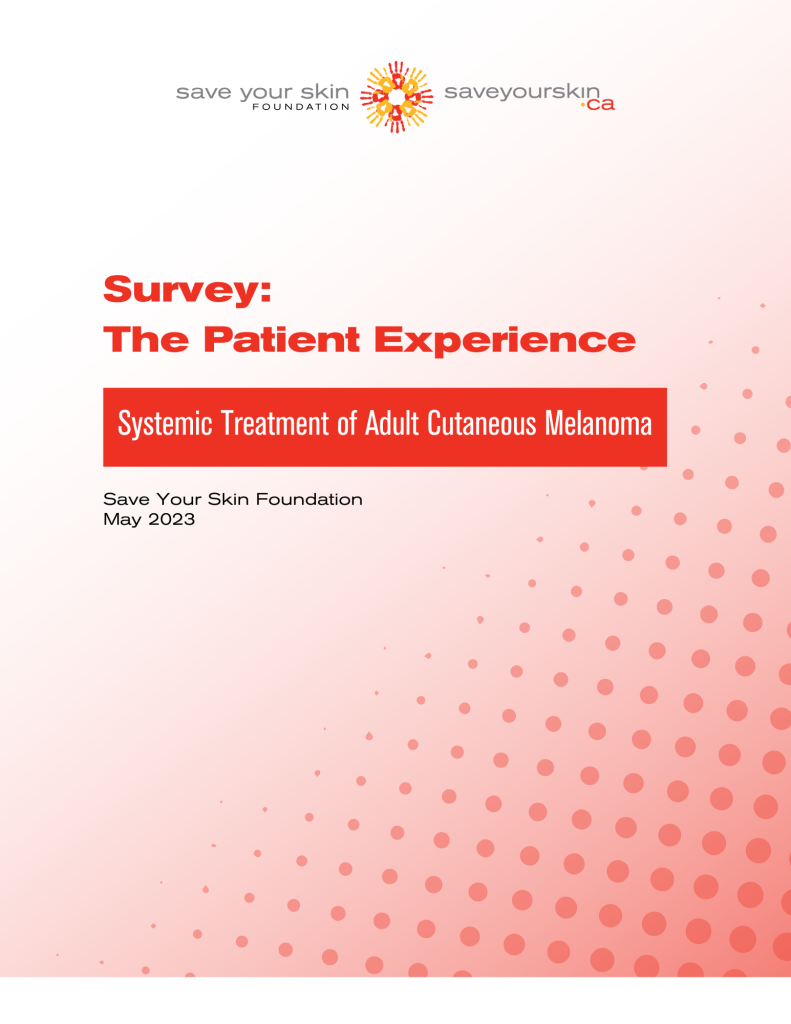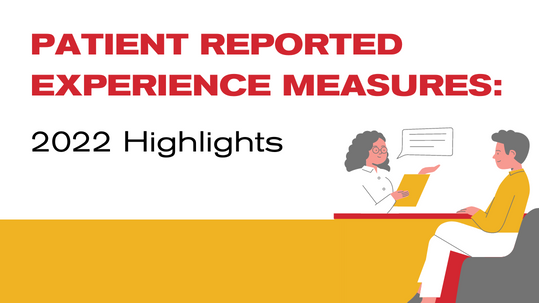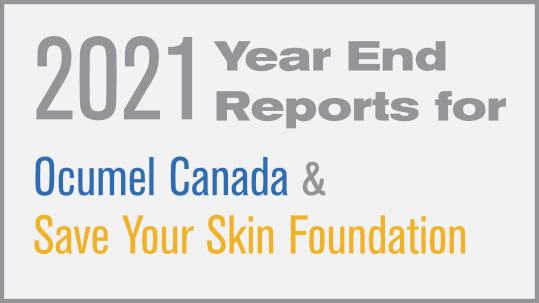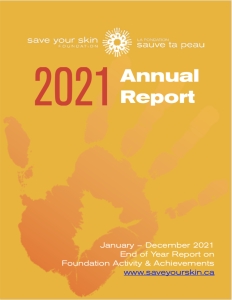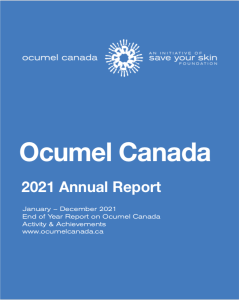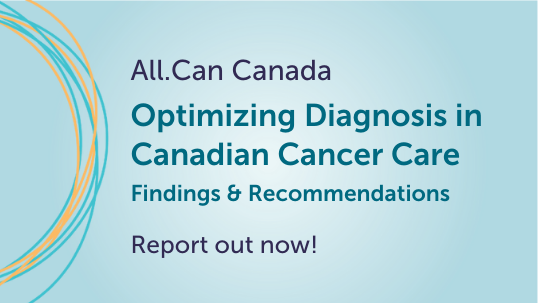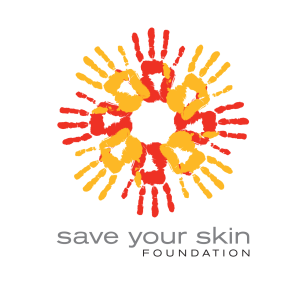Save Your Skin Foundation is proud to present the findings of our survey, designed to capture the experiences of individuals with COVID-19 in using Paxlovid® as a treatment. This survey welcomed participants from diverse backgrounds, including those who have battled COVID-19, regardless of whether they used Paxlovid®, as well as individuals keen to share their views on accessible treatments for the virus.
The invaluable insights gathered through this survey played a pivotal role in shaping our submissions to the Canadian Agency for Drugs and Technologies in Health (CADTH) and Institut national d’excellence en santé et en services sociaux (INESSS) for access to Paxlovid®.
Save Your Skin Foundation developed this survey to gather patient experiences regarding the use of Paxlovid® as a treatment for COVID-19. The survey was open to everyone who has either experienced COVID-19, regardless of whether they received Paxlovid®, and others who wanted to contribute their opinion on the importance of accessible treatments for COVID-19. This information was used for Save Your Skin Foundation to prepare submissions for access to Paxlovid® to CADTH and INESSS. This survey was endorsed and distributed by a variety of partner patient groups, to whom we are grateful for their support; a complete list of these organizations is available on the final page of this presentation.
Two versions of the survey were open from September 3-September 20, 2023, one in English and one in French. Data from both of the surveys was combined for the aforementioned CADTH and INESSS submissions. For this presentation, visual representations of the English results will be accompanied by a description of the French data for each question.
Lastly, we would like to express our gratitude to the partner patient groups who endorsed and distributed this survey, and we are thankful for their unwavering support. In these results, we will showcase the visual representations of the English survey results, complemented by detailed descriptions of the corresponding data from the French survey. Your participation and contribution have been instrumental in advancing our mission toward accessible and effective COVID-19 treatments.






